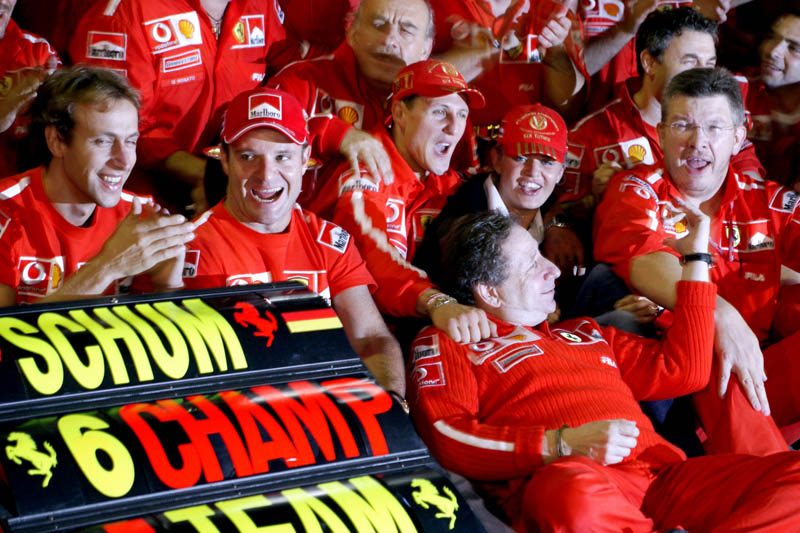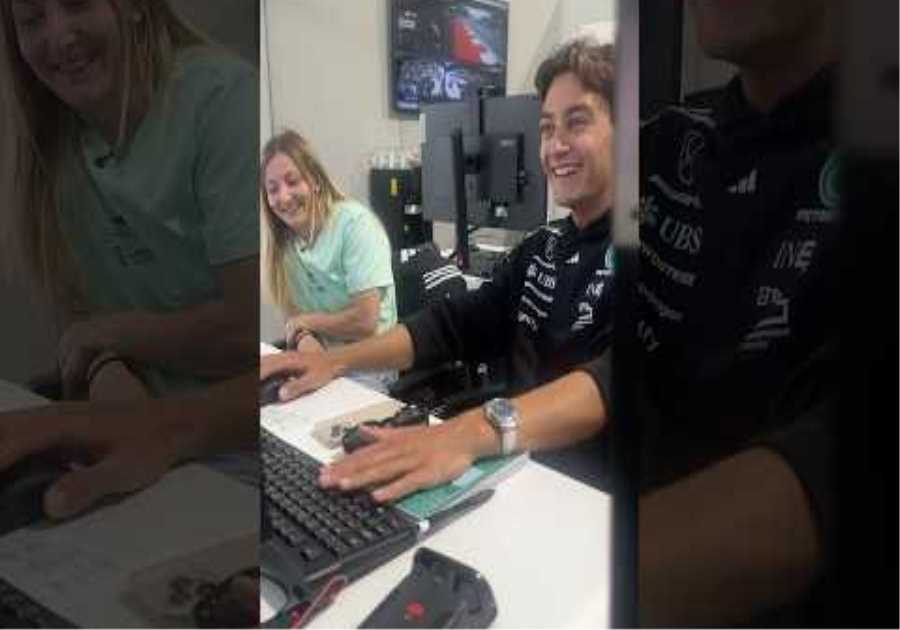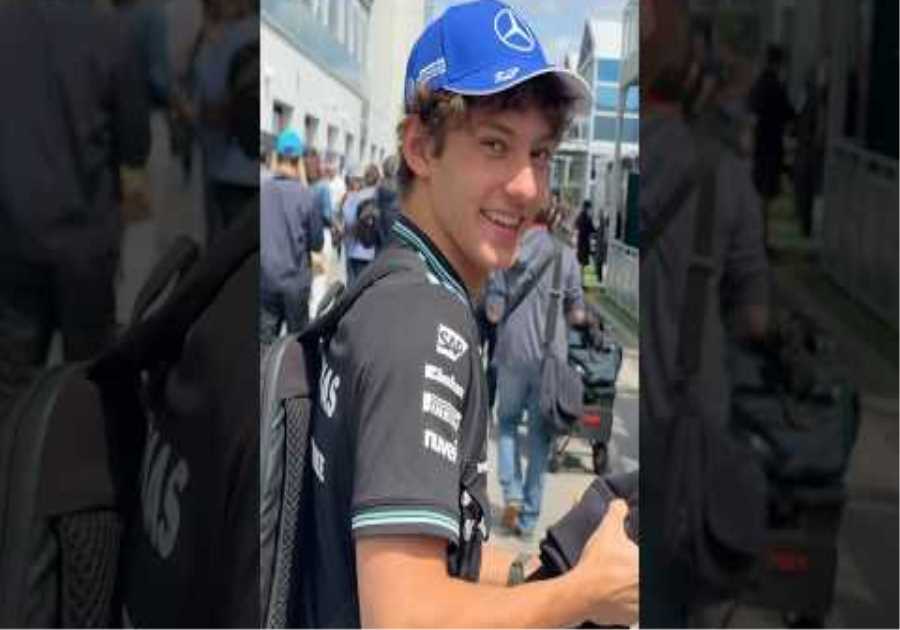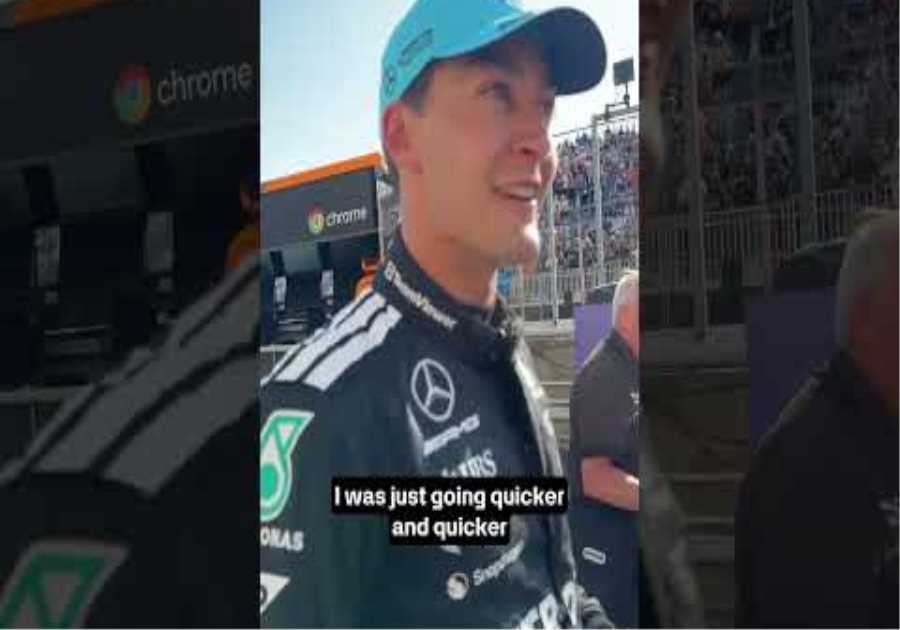
Former Mercedes motorsport boss, Norbert Haug has hit out at his countrymen over Germany’s attitude towards F1.
While not quite accusing his countrymen of only ‘singing when they’re winning’, Haug, who was instrumental in bringing the Mercedes name back to F1 almost 40 years after its withdrawal from motorsport over the 1953 Le Mans disaster, says that Germany’s attitude towards it the sport is “a tragedy”.
Having brought the Mercedes name back to SportsCars and DTM, in 1993 he oversaw the Three Pointed Star enter F1 in partnership with Sauber, although initially there was no actual reference to Mercedes. The following year, alongside its entry to the CART series, Mercedes officially badged the engines, built in partnership with Ilmor, on the Sauber cars.
From 1995, Mercedes partnered with McLaren, but in 2009 it was announced that Daimler AG and Emirati sovereign wealth fund Aabar Investments had purchased a 75.1% stake in the former Honda team which was now rebranded as Brawn GP. Having won both titles in its only season in the sport, the Brackley-based outfit was rebranded as Mercedes in 2010, with Brawn and Haug leading the project.
However, the arrival of Toto Wolff and Niki Lauda was to see Haug, a former journalist and racer, leave at the end of 2012, with Brawn following suit a year later.
Though F1 still attracts around three times the TV audience that the sport enjoys in the US, the sport is essentially on its knees. Whereas at one stage, during the height of the Schumacher years, it hosted two races, since Nico Rosberg won at Hockenheim in 2014 there have been just four races, the most recent being the hastily organized Eifel Grand Prix at the Nurburgring at the height of the pandemic.
“In Germany, Formula 1 has turned into a tragedy that every motorsport enthusiast can only be ashamed of,” he tells RND.
“Between 1994 and 2016, there were German world champions like an assembly line,” he continues, “seven titles from Michael Schumacher, four in a row from Sebastian Vettel and finally the last one to date from Nico Rosberg in 2016.
“Mercedes, with its partner teams McLaren and Brawn GP with Mika Hakkinen, Lewis Hamilton, and Jenson Button, won four drivers’ championships between 1998 and 2009, the Mercedes factory team was constructors’ champion eight times in a row from 2014 to 2021, winning six world titles with Hamilton and one with Rosberg.
“For a dozen years, in the late 1990s and 2000s, there were two Formula 1 races a year in Germany, in front of full ranks and over 100,000 spectators. On RTL, 12 million people watched, instead of three million today.
“In 2010, there were still seven German Formula 1 drivers in one season,” he recalls. “Today, Nico Hulkenberg still has one in what is, at best, a second-rate team, and Mick Schumacher is a promising substitute driver, but at least in the right team. There hasn’t been a German Grand Prix for a long time time.
“A zealous green auto objector could not have developed a less ambitious and less successful German Formula 1 strategy. This specifically excludes the Mercedes works team, which, correctly, operates out of England and has two great English drivers.”






